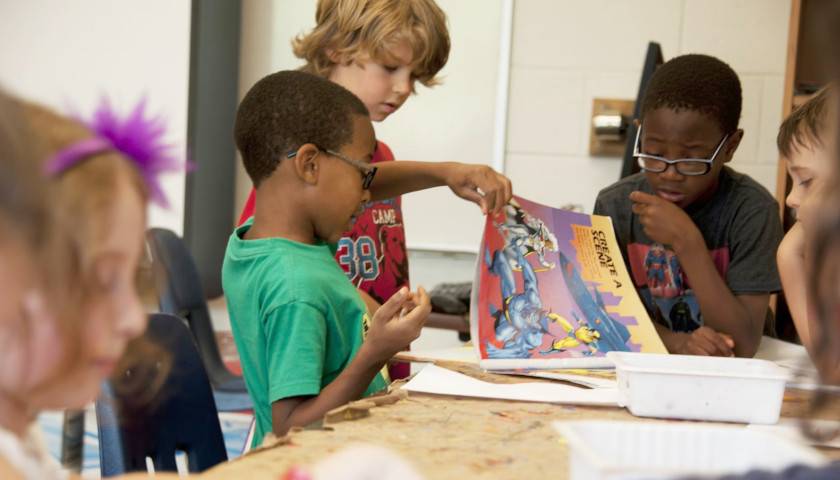by Karl Streitel
For 19 years, I was a master of time. Down to the minute, I controlled time for others and used it to meet my and others’ ends, irrespective of the desires of those in front of me. In short, I was a public-school teacher, and controlling time was my talent. Although I and other adults often talked about helping students reach their potential and grow as learners, what we really did each day was control their time and force upon them ideas and subjects in which most of them had little to no interest.
What if there were a better way? A way to help each student learn the way he or she learns best, develop autonomy, explore passions, and take control of his or her own time? Thankfully, that way does exist in the form of alternative schools and learning programs that continue to increase in number each day.
For example, I remember Adam*, a bright and motivated senior with a passion for business. However, Adam felt pressured to attend college even though he felt no real drive to do so. He dutifully attended his classes and earned high grades, but he shared with me towards the end of the school year that he felt like college would be a waste of time and money. What he truly wanted was to enter the business world and gain experience, not sit in an intro to astronomy class to pad the college’s bottom line. What if Adam had known about Praxis, the college alternative that helps students develop professional skills and work alongside a mentor for a full year? Might such a program have been a better fit for someone like Adam than the one-size-fits-none college curriculum?
I also remember Bailey, a shy freshman who only sporadically turned in work but who often participated in our in-class discussions, especially those about contentious issues. One day after class, I asked her about her incomplete work, and she told me that everything she enjoyed was outside school and that she felt she wasn’t “good at school.” What if Bailey had known about North Star: Self-Directed Learning for Teens, an unschool that builds personalized curricula around students’ interests and strengths and eschews grades in favor of learning? Might she have felt differently about her days and about learning?
Finally, I remember Celine, an outspoken junior whose inquisitive mind often led to numerous questions each class period but also to a dissatisfaction with the perceived “mindlessness” and passivity of school. Celine’s parents had even considered homeschooling, but her father told me they were afraid to “mess things up.” What if Celine and her parents had known about Brooklyn Apple Academy, a “home for homeschoolers” that offers part-time classes, field trips, and camps, including a program called “The Works” in which students investigate the functioning of the city’s infrastructure? Might Celine have been more active in and excited about learning, and might her parents have felt more confident homeschooling knowing that they weren’t going at it alone?
The above examples are just three among hundreds I can recall from my work controlling students’ time, and I’m sure you are familiar with thousands more that all tell us the same thing: coercive schooling does not work and harms far more than it helps. However, what if children and their parents had alternatives to such a baneful system, and what if these alternatives were voluntary and focused on students’ actual needs and interests? Luckily for us, these alternatives are here, and more are opening each day. As a repentant master of others’ time, I implore you: seek out these alternatives and leave behind government schools’ coercion and disinterest. Children deserve nothing less.
*All names herein have been changed to respect privacy.
– – –
Karl Streitel is a retired high-school English and finance teacher who now works as a freelance editor, tutor, and writer.




